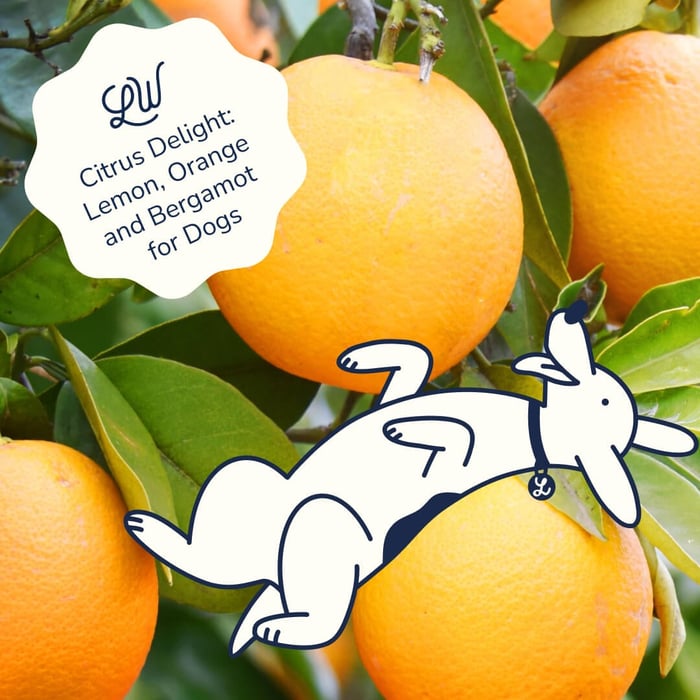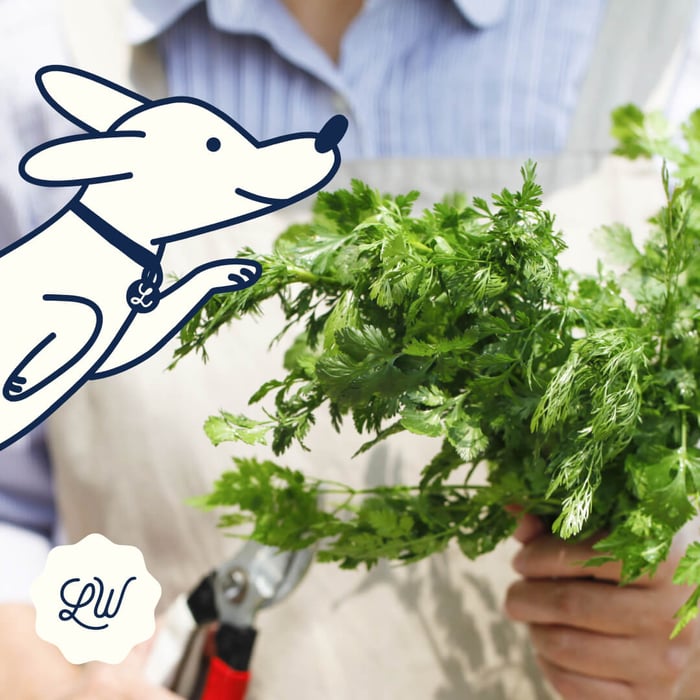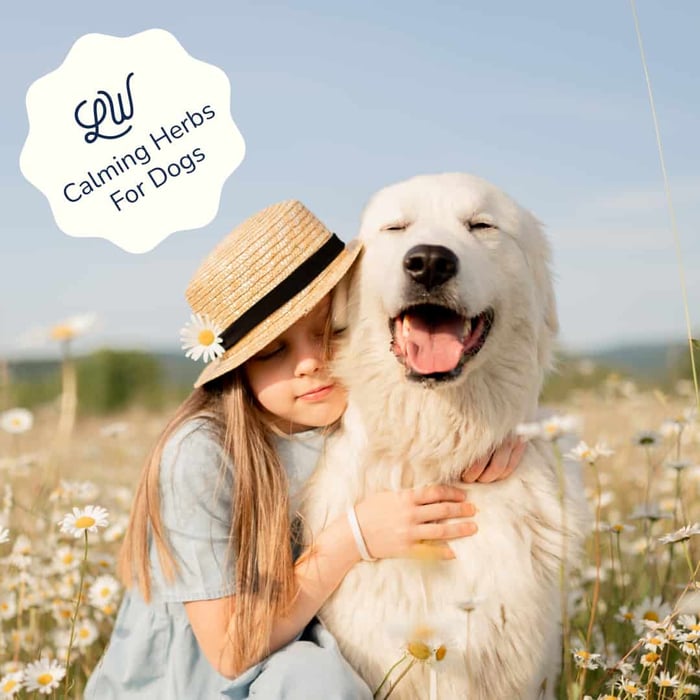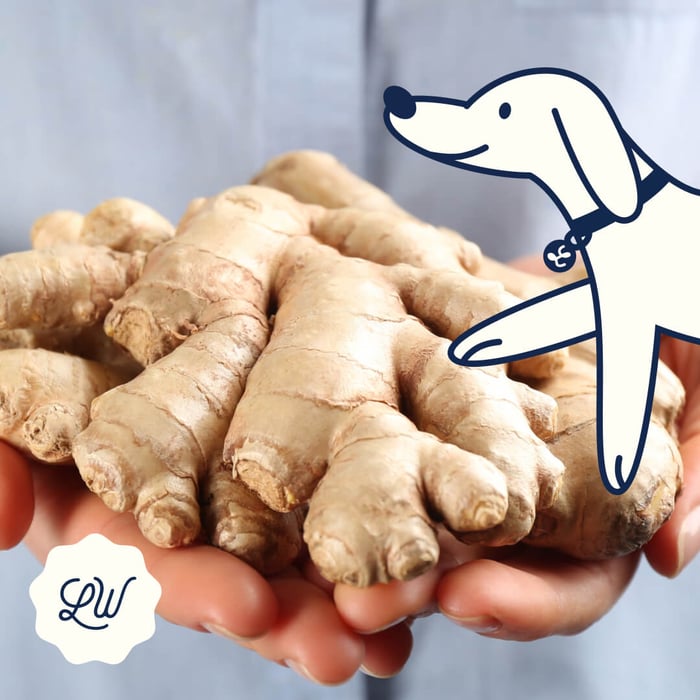Did you know that citrus fruits, such as lemons, oranges, and bergamot, can offer a burst of flavor and numerous health benefits to your dog's diet? Yes! We're talking lemon for dogs!
In this article, we'll delve into the various advantages of lemon for dogs and incorporating these fruits into your furry friend's nutrition and we'll shed light on the potential dangers associated with the essential oils found in its peels.
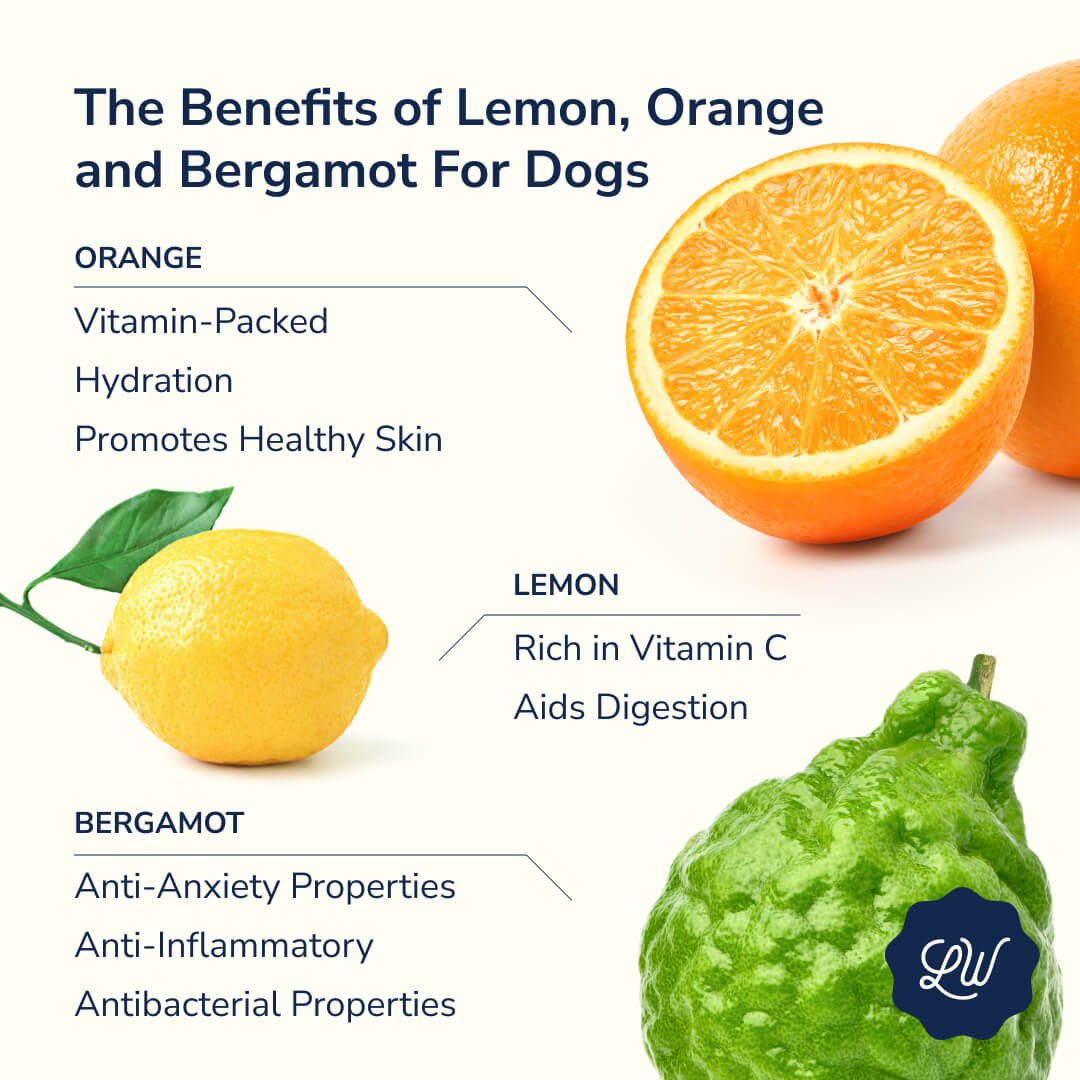
Benefits of Lemon for Dogs:
- Rich in Vitamin C: Lemon juice is a potent source of vitamin C, which plays a crucial role in supporting your dog's immune system and overall health.
- Aids Digestion: The acidity in lemon juice may help stimulate digestion and prevent constipation in dogs.
Benefits of Oranges for Dogs:
- Vitamin-Packed: Oranges are packed with essential vitamins, including vitamin C, contributing to a healthy immune system.
- Hydration: The high water content in oranges helps keep your dog hydrated, especially beneficial during warmer months.
- Promotes Healthy Skin: The antioxidants in oranges can contribute to healthy skin and a shiny coat for your canine companion.
Benefits of Bergamot for Dogs:
- Anti-Anxiety Properties: Bergamot is known for its calming effects, potentially helping anxious or stressed dogs.
- Anti-Inflammatory: The anti-inflammatory properties of bergamot may aid in alleviating discomfort associated with inflammation in dogs.
- Antibacterial Properties: Bergamot contains compounds that have antibacterial properties, which could contribute to the overall oral health of your dog.
Dangers of Essential Oils in Citrus Peels for Dogs:
Just like we, humans, don’t eat the peel of these fruits nor rub them on our bodies, your dog shouldn’t eat them either nor come in contact with the peel or seeds of these fruits.
The peel of citrus fruits contains essential oils, which are certainly toxic for your dog, causing symptoms such as vomiting, diarrhea, and incoordination. Some dogs may also experience increased sensitivity to sunlight when exposed to certain citrus essential oils.
How to safely introduce citrus into your dog’s diet:
When incorporating citrus fruits into your dog's diet, moderation is key. Start by offering small, bite-sized pieces of oranges without seeds or membranes, as these parts can be challenging for your dog to digest. Alternatively, you can add a few drops of fresh lemon or bergamot juice to a tablespoon of organic extra virgin olive oil and mix it with your dog's food.
Remember to remove any seeds and peels, as these can pose a choking hazard or lead to digestive issues. Always observe your dog's reactions, and if they show any signs of discomfort or allergies, discontinue the introduction of citrus fruits.
As a brand, LOONAWELL does not recommend the use of essential oils from these citrus peels’ as they can pose risks to your furry friend. Only the fresh fruit. Incorporating moderate amounts of lemon juice, oranges, and bergamot into your dog's diet can offer a range of health benefits. With the right approach, you can enhance your dog's nutrition and provide them with a tasty and nutritious treat.
At LOONAWELL we use lemon in many of our products. Stay tuned for our next launches to learn how we incorporate the orange and bergamot!
